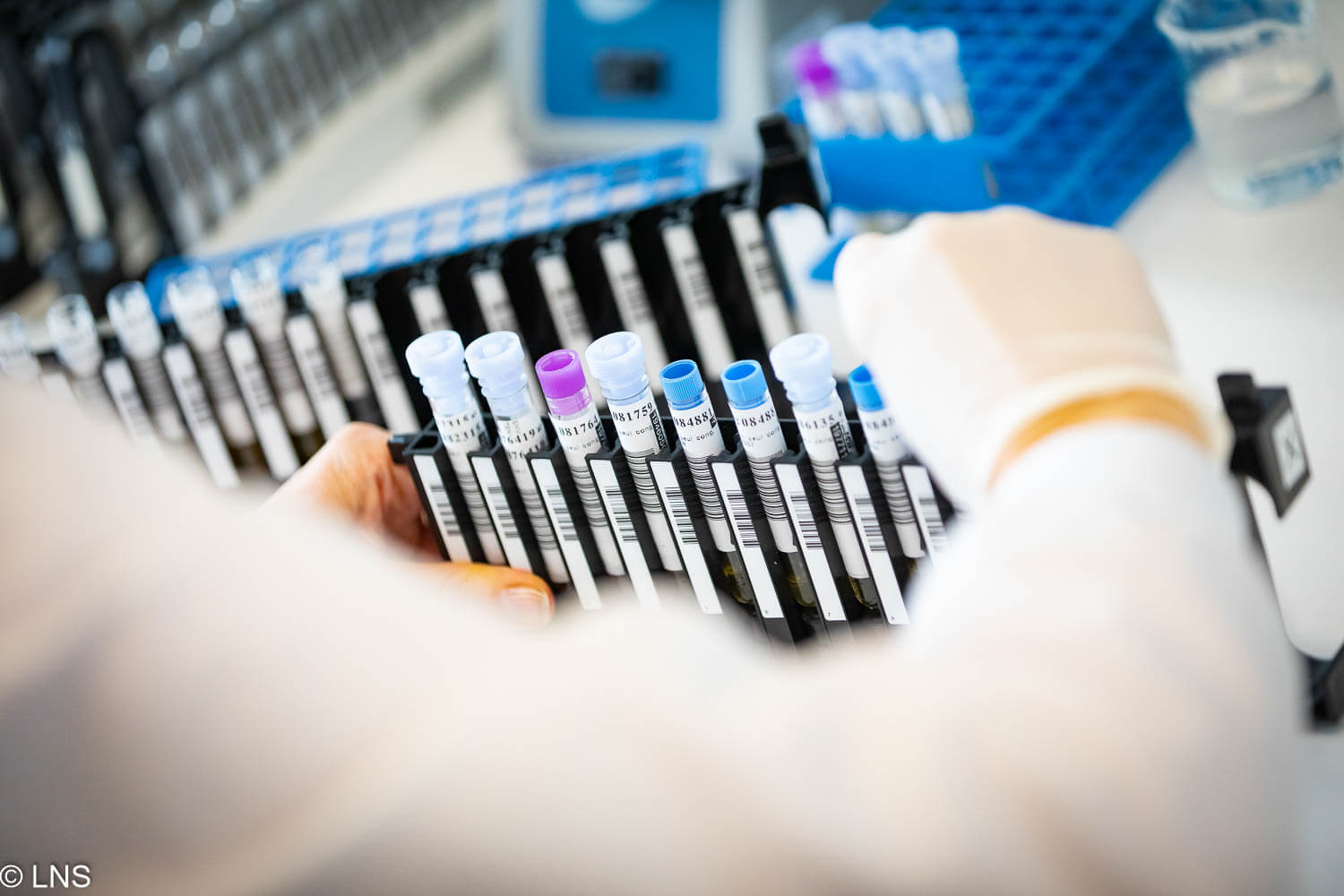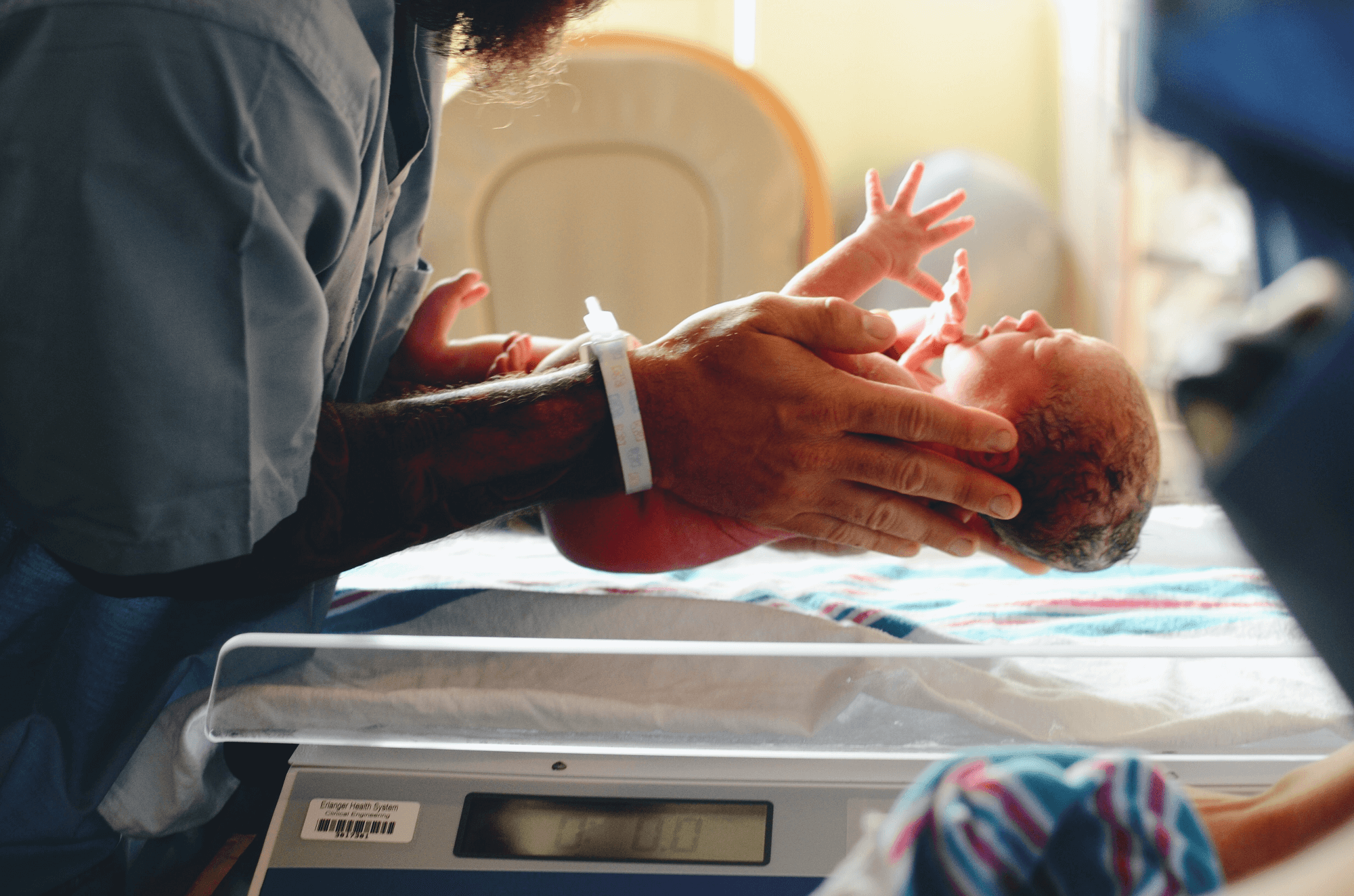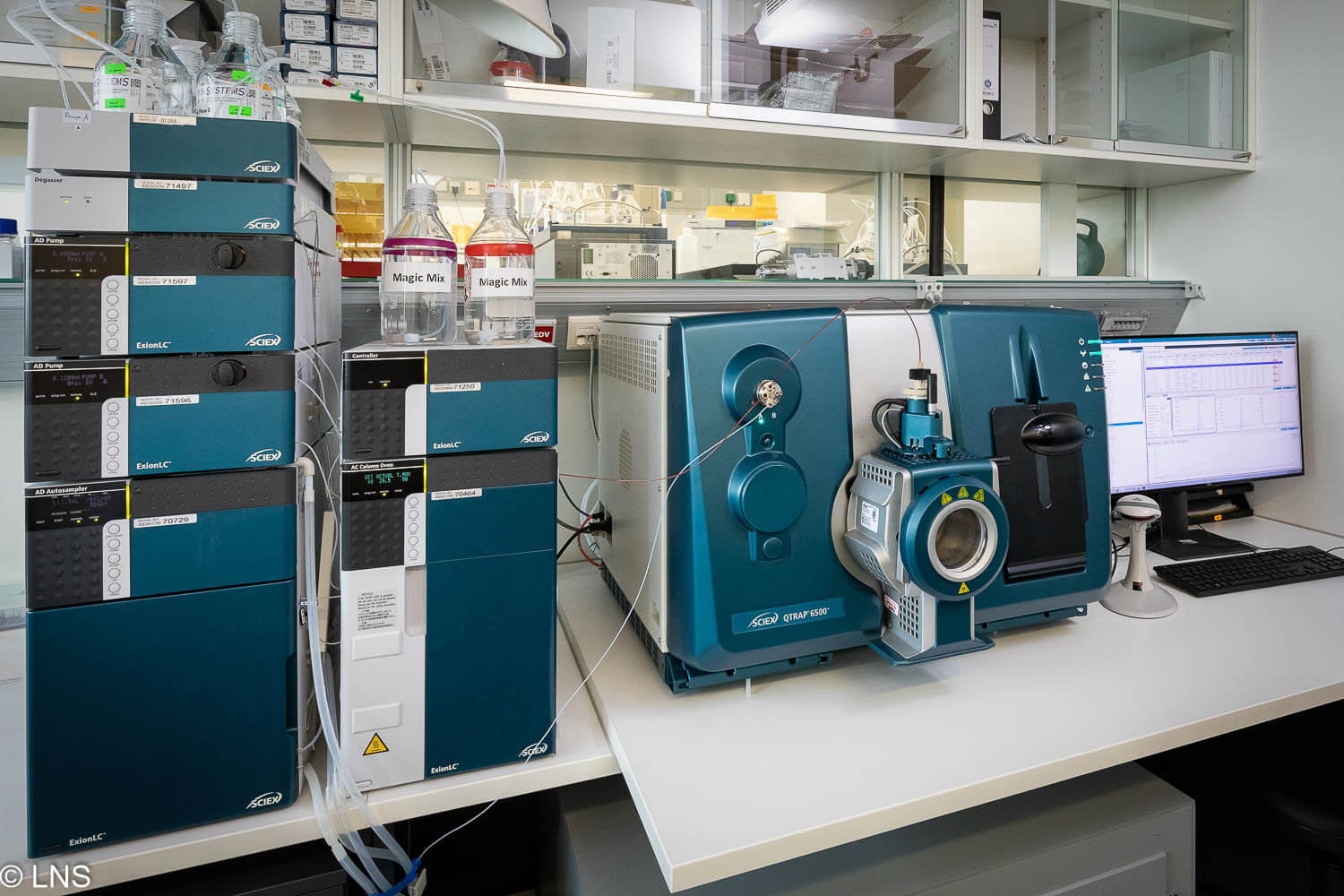This website uses cookies so that we can provide you with the best user experience possible. Cookie information is stored in your browser and performs functions such as recognising you when you return to our website and helping our team to understand which sections of the website you find most interesting and useful.
LNS Medical Biology Department assists Luxembourg allergologists in diagnosing drug hypersensitivity reactions
Drug hypersensitivity reactions (DHR) affect 7 to 15 % of the general population. Among these patients, only 10% are truly allergic to the drugs. As the clinical picture is the same between allergic and non-allergic mechanisms, it is important to be able to distinguish them as the patient care will be different. The Medical Biology Department of the Laboratoire national de santé (LNS) has been performing specific cellular tests since 2018, to help allergologists in Luxembourg diagnose DHR.
What is a drug hypersensitivity reaction (DHR)?
Drug hypersensitivity reactions (DHR) are non-dose-dependent and non-predictable drug reactions. These reactions can be either mediated by a specific immunological mechanism (antibodies or specific T cells), for the allergic DHR, or mediated by a non-specific mechanism leading to a non-specific release of inflammatory mediators such as histamine or bradykinin. DHR can manifest in various ways, ranging from mild symptoms such as skin rash to more severe manifestations like anaphylaxis, a life-threatening allergic reaction.
How to diagnose drug hypersensitivity reactions?
Diagnosing drug hypersensitivity reactions (DHR) typically involves a comprehensive evaluation that considers the patient’s clinical history, symptoms, and specific tests. Laboratory tests (in vitro methods) are particularly helpful to complete classical diagnosis procedures for patients who have presented life-threatening drug hypersensitivity or to identify a culprit drug if the patient has received several drugs simultaneously. Since 2018, the Medical Biology Department has been performing cellular tests (basophil activation test and lymphocyte activation test) to help the allergologists in Luxembourg with diagnosing DHR.
Conducting DHR-testing made in Luxembourg
Basophil activation tests (BATs) are laboratory tests used to assess the activation of basophils, a type of white blood cell involved in allergic reactions. BATs are mainly performed in the context of suspected immediate perioperative allergic reactions to drugs such as antibiotics, neuromuscular blocking agents or opiates, “perioperative” referring to patient care before, during, and after any surgical procedure involving anesthesia. Lymphocyte activation tests (LATs) are primarily employed in the diagnosis of delayed-type hypersensitivity reactions. Drugs subjected to testing include antibiotics, allopurinol, and anti-epileptic medications.
Performing these cell-based tests requires a fresh sample, which can be challenging to transport due to the fragility of the cells. Therefore, it was crucial for the LNS’ Medical Biology Department to establish the capability of conducting such tests locally in Luxembourg in order to meet the demand of the National Immunoallergology Service (CHL) and to cater to the needs of patients in Luxembourg effectively.



Nous sommes fiers du travail réalisé par le département, en étroite collaboration avec les cliniciens du Service National d’Immuno-allergologie du CHL, afin de pouvoir proposer ce type de tests au Luxembourg.
France Debaugnies
Medical biologist






